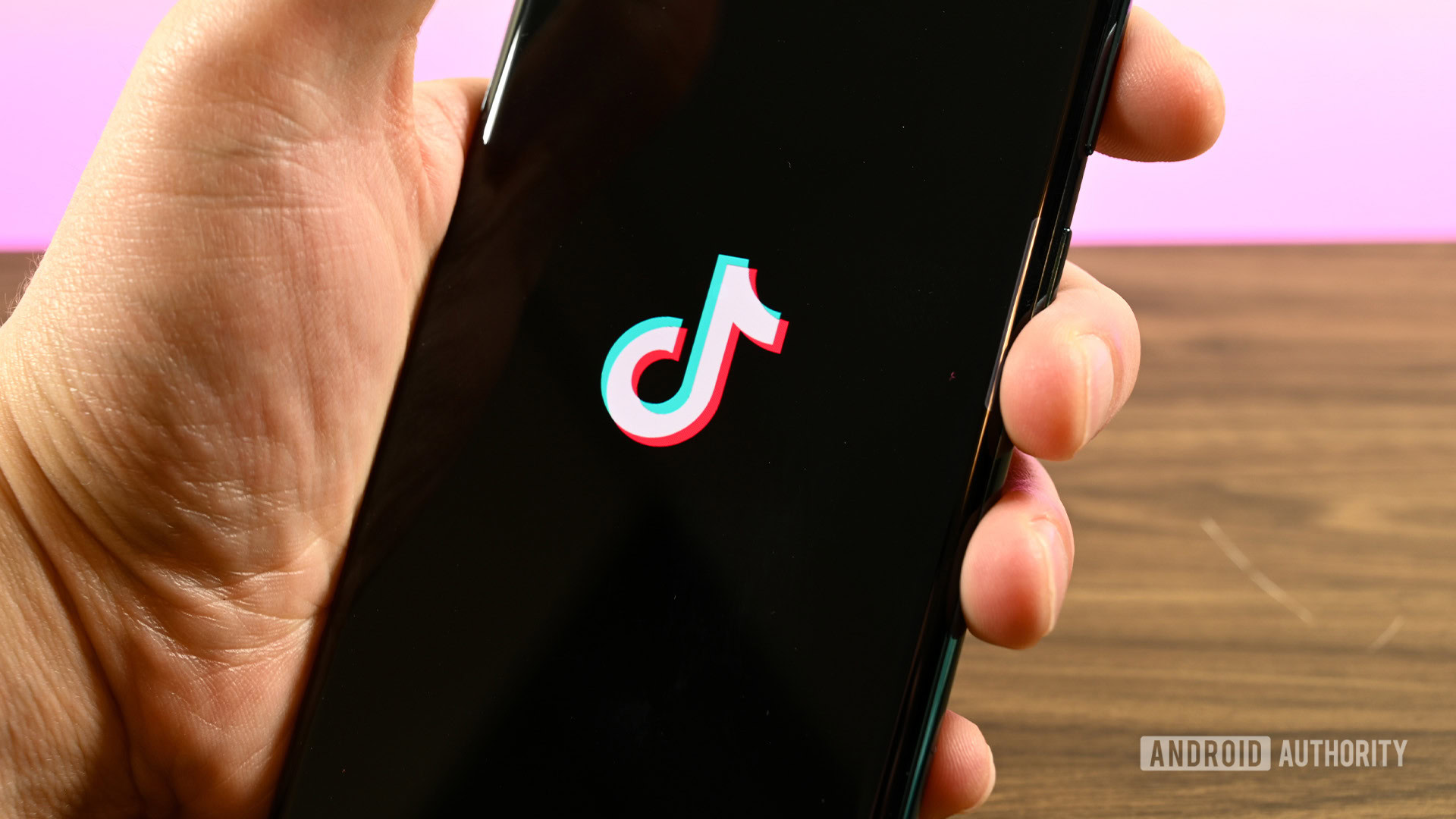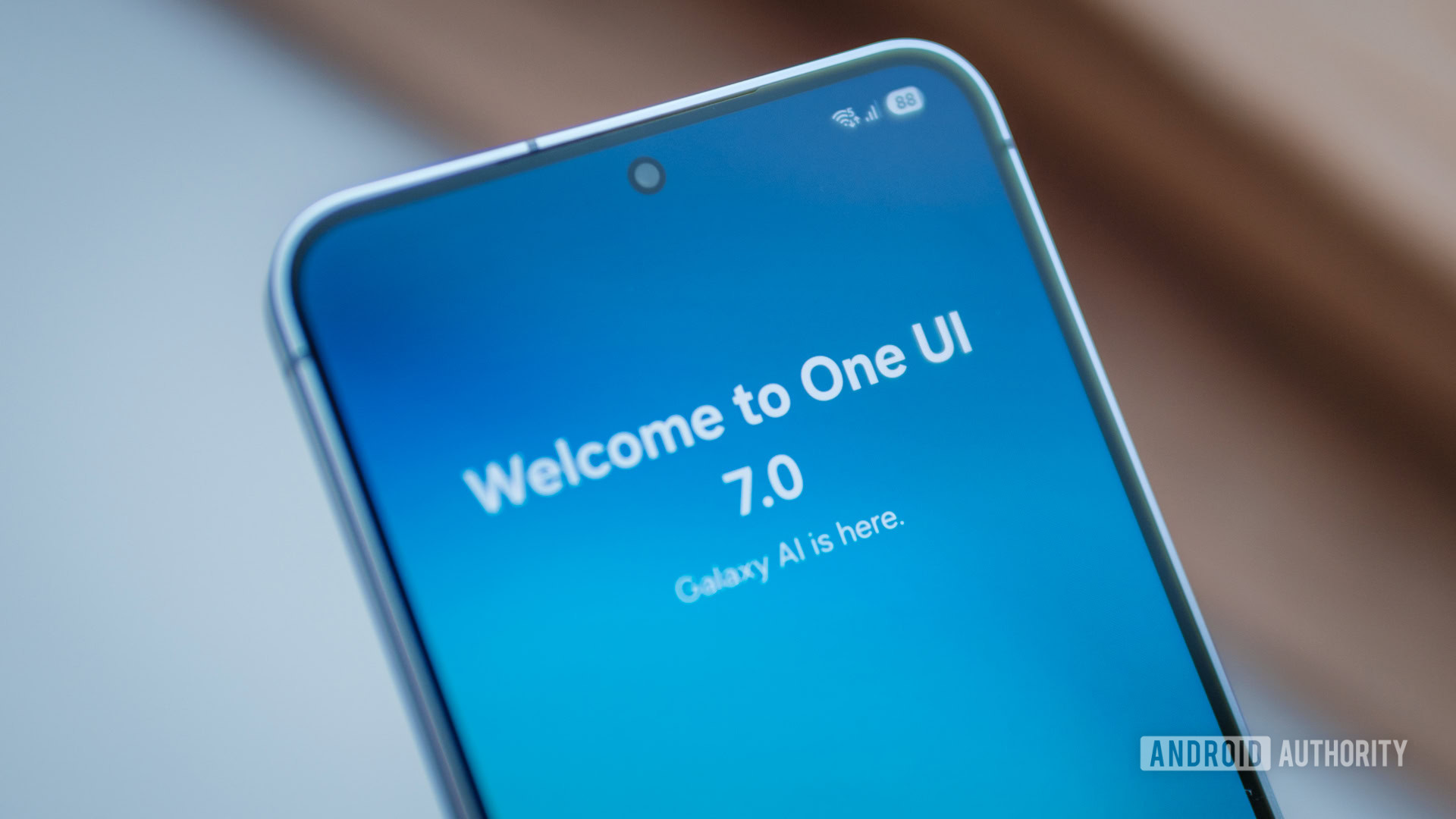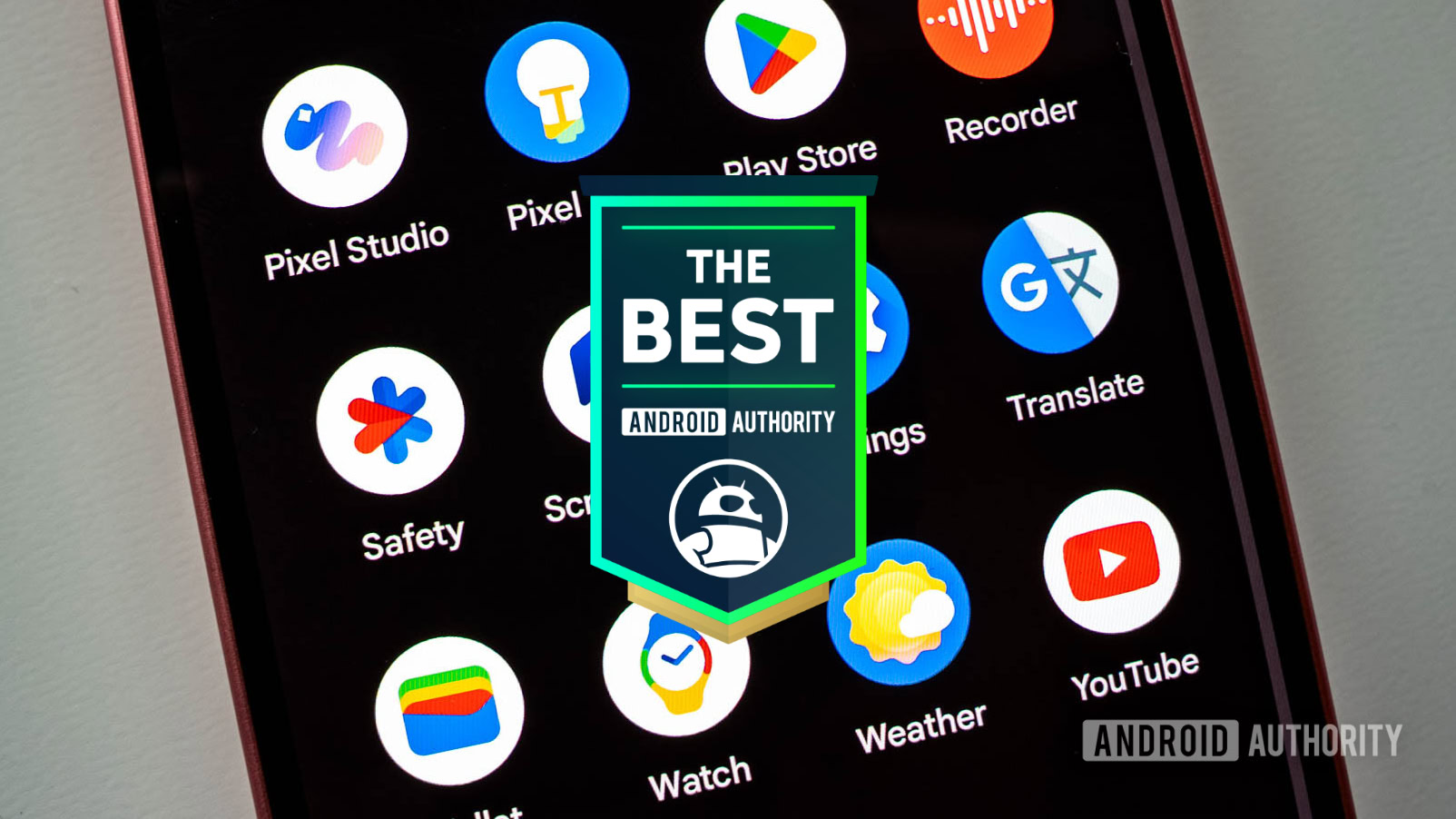
Joe Hindy / Android Authority
TL;DR
- New York is introducing two new laws designed to better protect kids online.
- The first law would limit feeds to followed accounts, turning off automatic suggestions. The second law would limit the data collected around minors.
- Both laws are likely to face opposition in the near future, as not everyone agrees with the approach taken by the state of New York.
Social media is notoriously addictive, especially for young users like children and teenagers. While the US government has shown some interest in protecting our youth online, there hasn’t been much federal progress. As a result, several states have stepped up with their own laws, with New York being the latest to introduce legislation.
Today, Governor Kathy Hochul signed two new bills into law. The first, called the Stop Addictive Feeds Exploitation (SAFE) for Kids Act, requires parental consent for “addictive feeds” in apps. Currently, most social media apps automatically suggest content through custom algorithms. Under this new law, minors will only see videos from accounts they follow, unless they have parental approval for automatic suggestions. The law also prevents platforms from sending notifications about suggested posts to minors between midnight and 6 am, unless there is verifiable parental consent. The next step is to create a system to verify a user’s age and parental consent status. Once the rules are finalized, social media companies will have 180 days to integrate the new regulations into their apps. Companies that fail to comply could face fines of $5,000 per violation.
The second bill, the New York Child Data Protection Act, limits the data platforms can collect on minors without consent and restricts the sale of such data. This law is set to take effect next year.
The laws have received a mixed reception, reflecting the political divide. While there is bipartisan agreement on the need for better online protection for children, the methods to achieve it differ. This division is why federal proposals like the Kids Online Safety Act have stalled. Conservatives often oppose proposals requiring age verification that involves real IDs, fearing government tracking and privacy breaches. Liberals, meanwhile, largely worry that such laws could restrict access to important resources for marginalized groups like the LGBTQ+ community, echoing concerns about educational laws and book bans in conservative states.
These new laws are likely to face significant challenges. In fact, they already are. The industry association NetChoice has sued California over a similar law, the Age-Appropriate Design Code, which was ultimately blocked in court. The judge argued that the law could negatively impact data collection across all ages due to implementation difficulties. NetChoice has already criticized New York’s SAFE for Kids Act as unconstitutional, claiming it could “increase children’s exposure to harmful content by requiring websites to order feeds chronologically, prioritizing recent posts about sensitive topics.” It seems like a lawsuit is all but inevitable here too.
It’s uncertain how these issues will unfold in New York courts, but it’s clear that the new laws are in for a tough journey.
Do you think there should be more laws addressing social media and other online dangers for kids?
0 votes
Got a tip? Talk to us! Email our staff at [email protected]. You can stay anonymous or get credit for the info, it's your choice.







 English (US) ·
English (US) ·